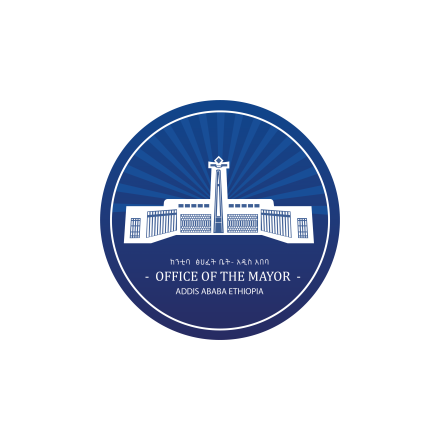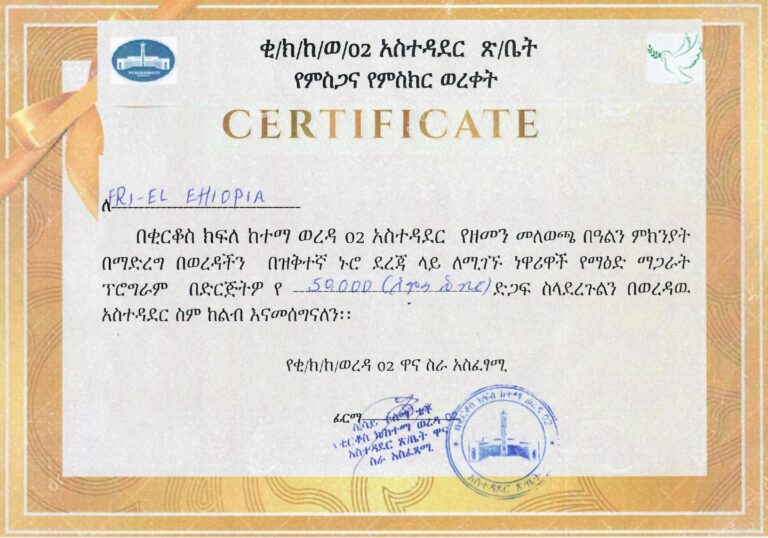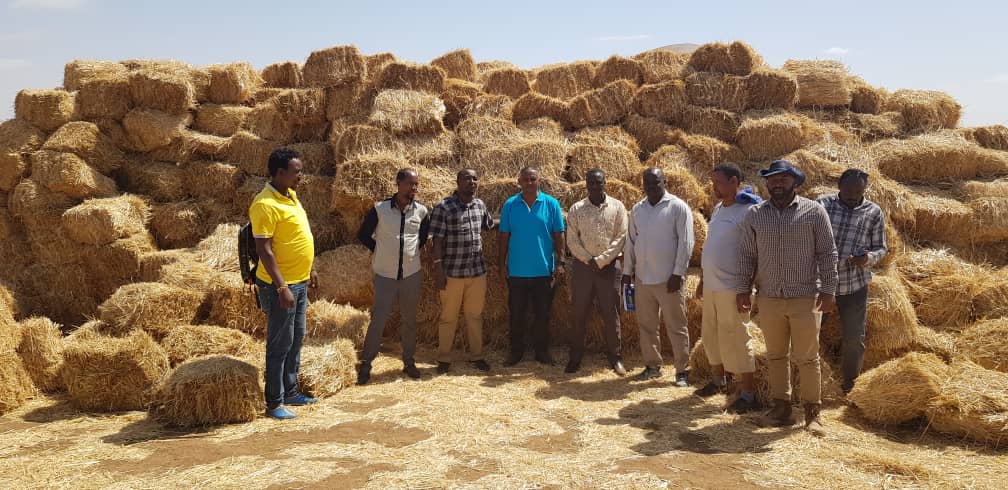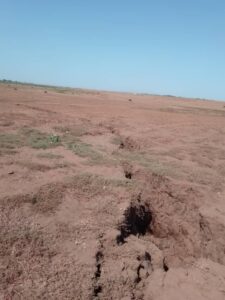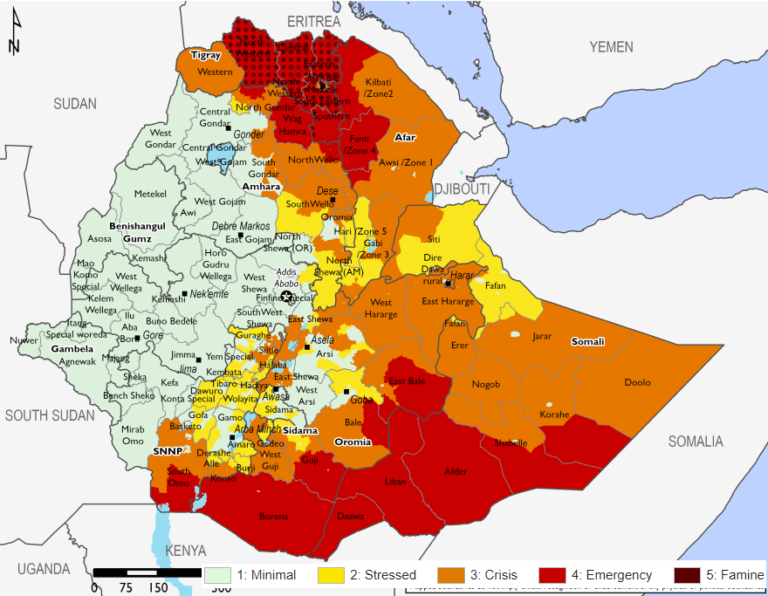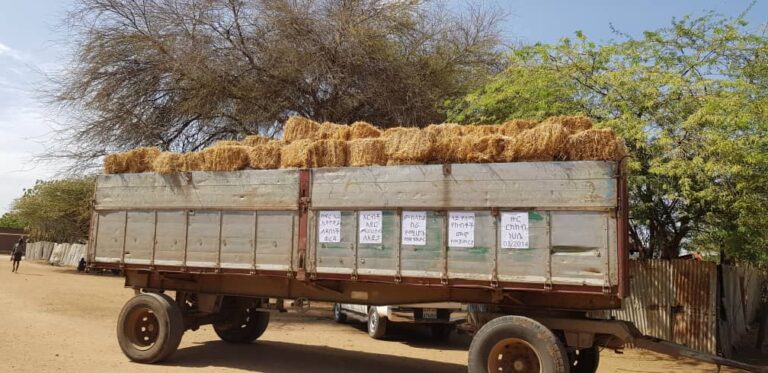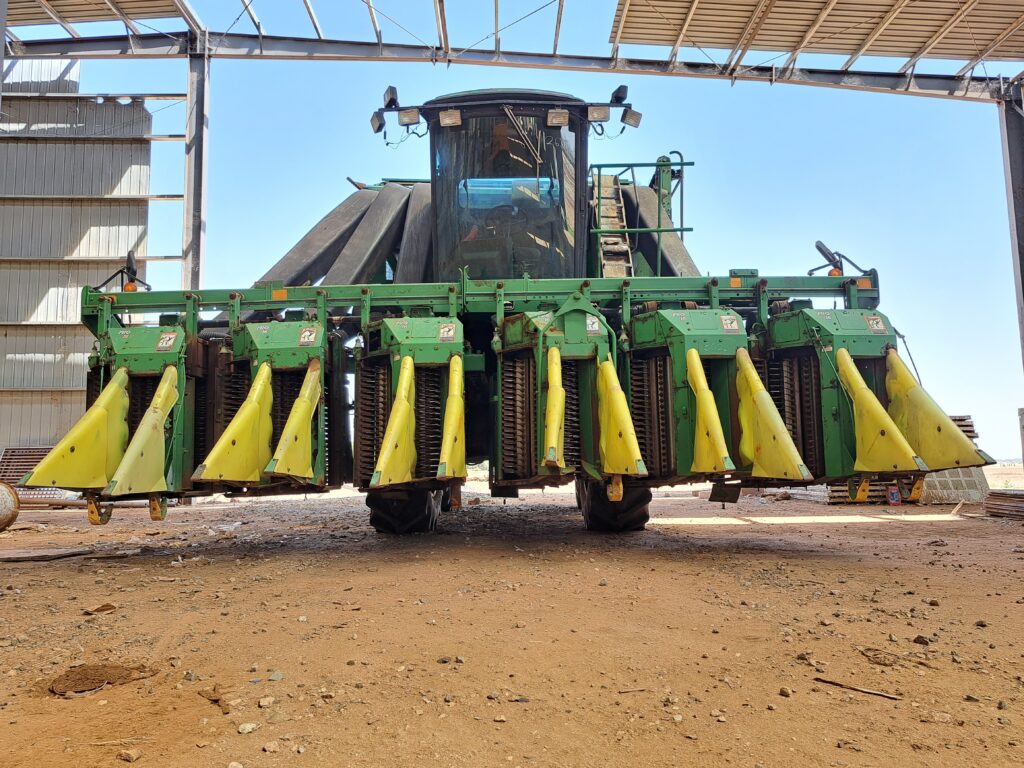Revolutionizing Banana Supply Chains: The Evolution to Efficiency with Cableway Transportation
Bananas are one of the most popular fruits in the world, and they are grown in tropical and subtropical climates all over the globe. However, transporting bananas from the farms where they are grown to the markets where they are sold can be a challenge. This is especially true in developing countries, where roads and infrastructure may be limited.
One sustainable and efficient way to transport bananas is by cableway. Cableway systems use a network of cables and pulleys to move bananas from the farms to collection points or packinghouses. This method of transportation is much more efficient than using trucks or other vehicles, as it can carry more bananas at once and does not require roads or bridges.
Cableway systems are also much more sustainable than other methods of transportation, as they produce no emissions and require very little energy to operate. This makes them a good choice for banana producers who are looking to reduce their environmental impact.
Benefits of using cableway banana transportation
- Sustainability: Cableway systems produce no emissions and require very little energy to operate. This makes them a good choice for banana producers who are looking to reduce their environmental impact.
- Efficiency: Cableway systems can carry more bananas at once than trucks or other vehicles. This can save producers time and money on transportation costs.
- Safety: Bananas are transported in specially designed trolleys that are suspended from the cables. This ensures that the bananas are not damaged during transport, and it also protects workers from injury.
- Scalability: Cableway systems can be scaled up or down to meet the needs of any banana producer. This makes them a flexible and cost-effective solution for transporting bananas.
Traditionally, transporting bananas has been a manual and resource-intensive process, relying on vehicles that navigate uneven roads and uncertain weather conditions. But now, enter the cableway system—a modern marvel that utilizes a network of cables and pulleys to elegantly move bananas from their cultivation sites to designated collection points or packinghouses. This transition represents a leap into a new era, replacing the cumbersome and inefficient methods of the past with a streamlined and environmentally conscious approach.
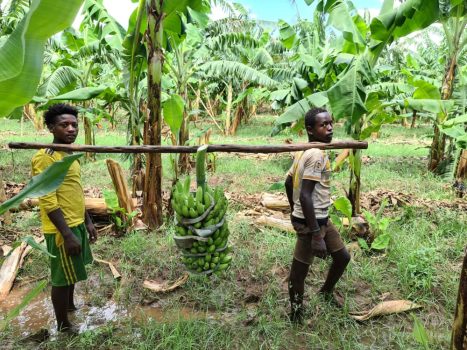
FriEL Ethiopia is a leading company in the banana industry in Ethiopia. The company is committed to using sustainable farming practices and innovative technology to produce high-quality bananas that are safe for consumers. The cableway banana transportation technology is a major step forward for the company, and it will help FriEL Ethiopia to continue to grow and succeed in the years to come.


